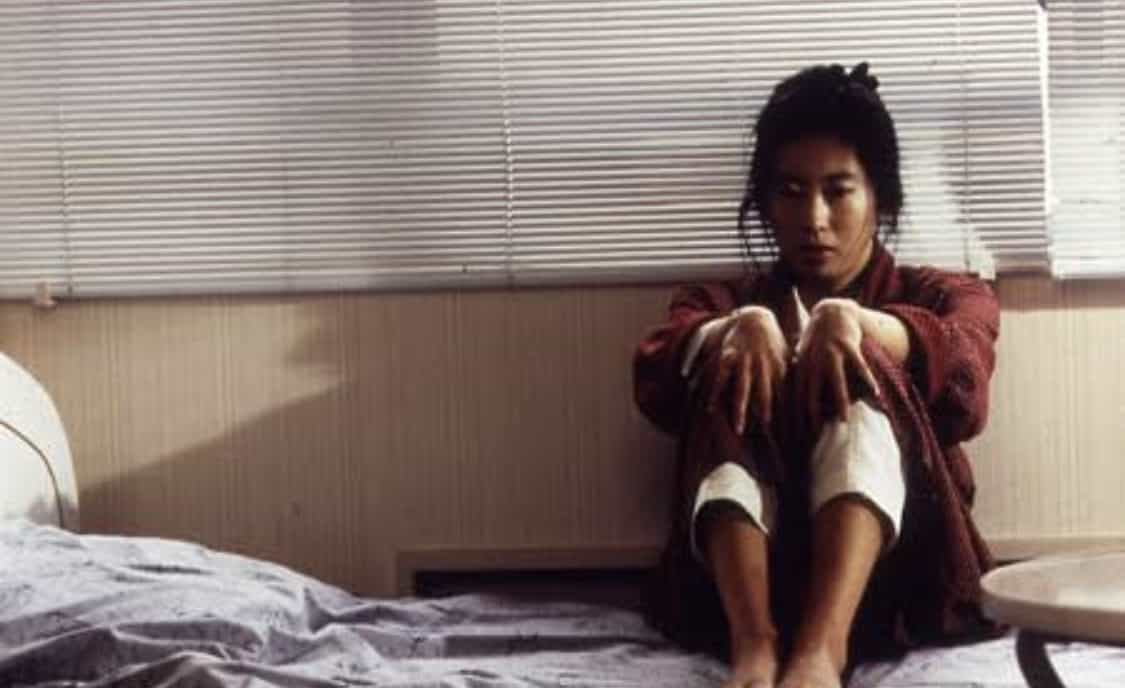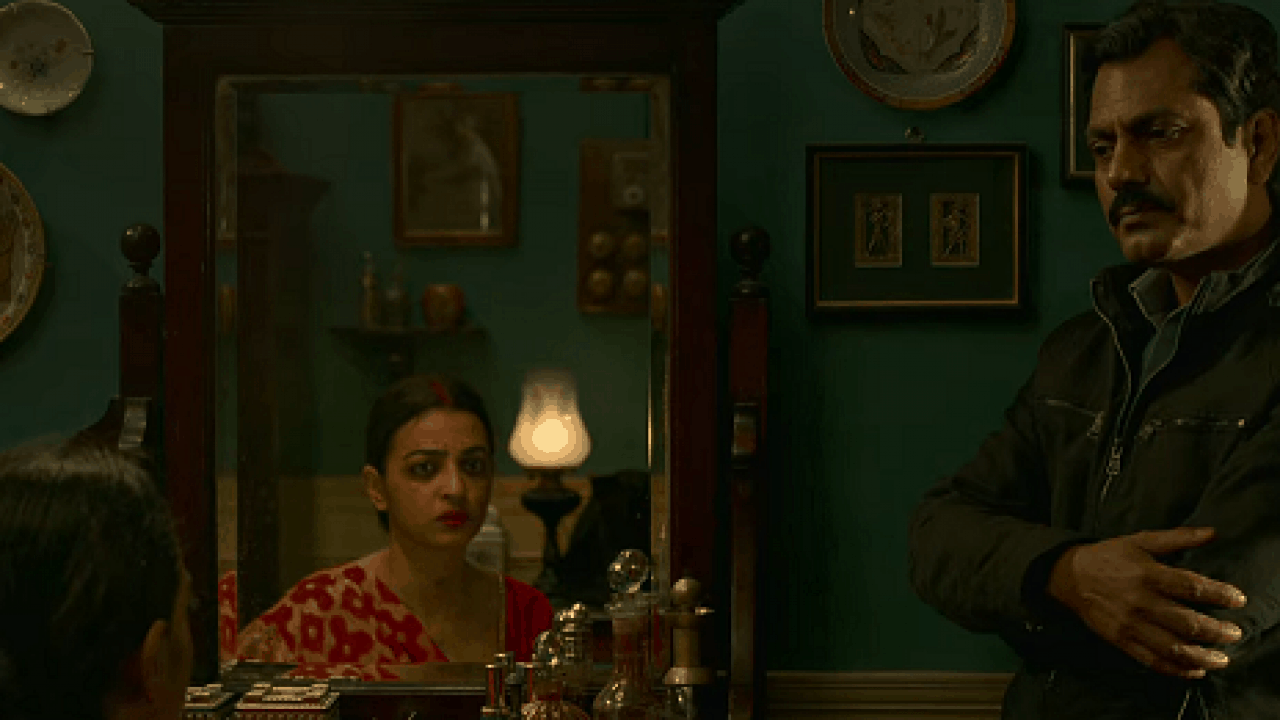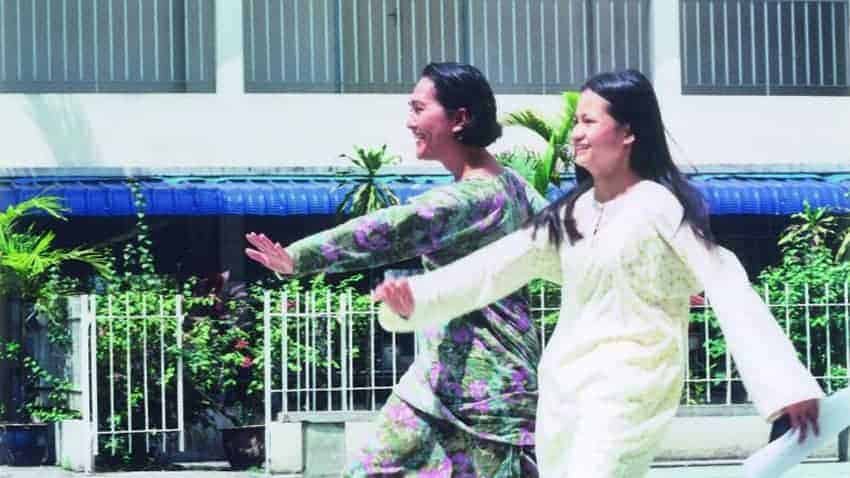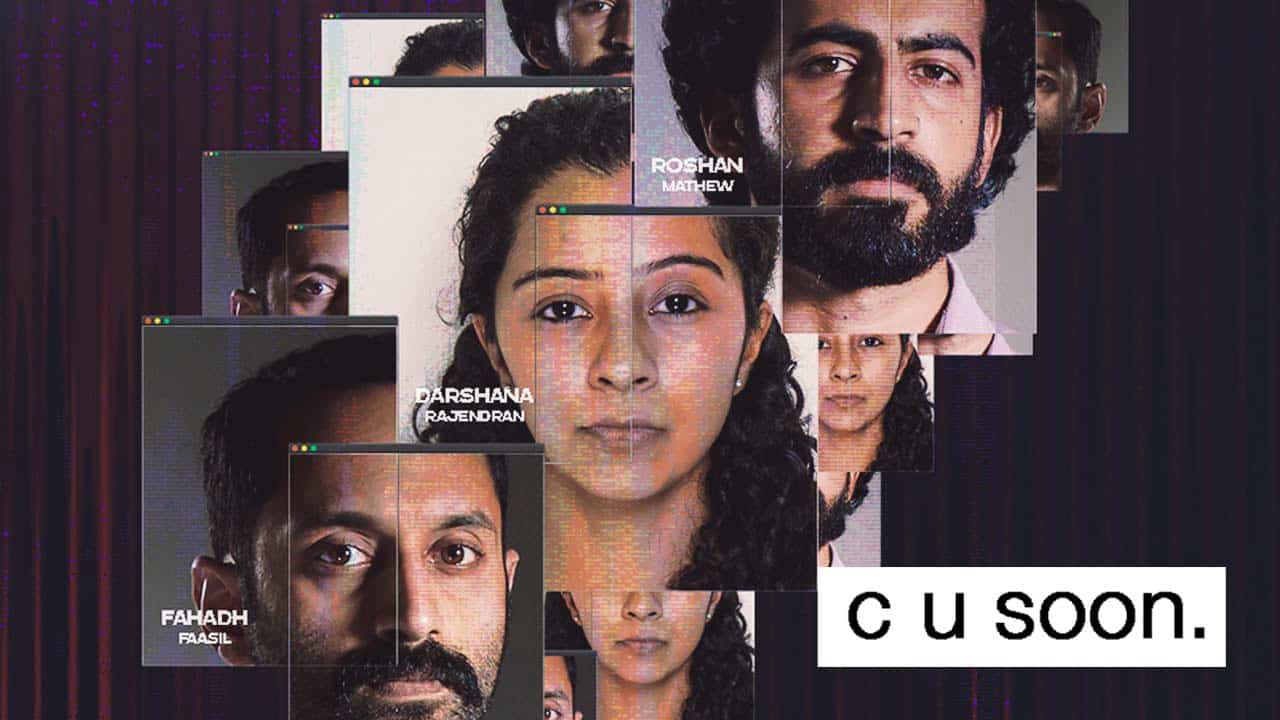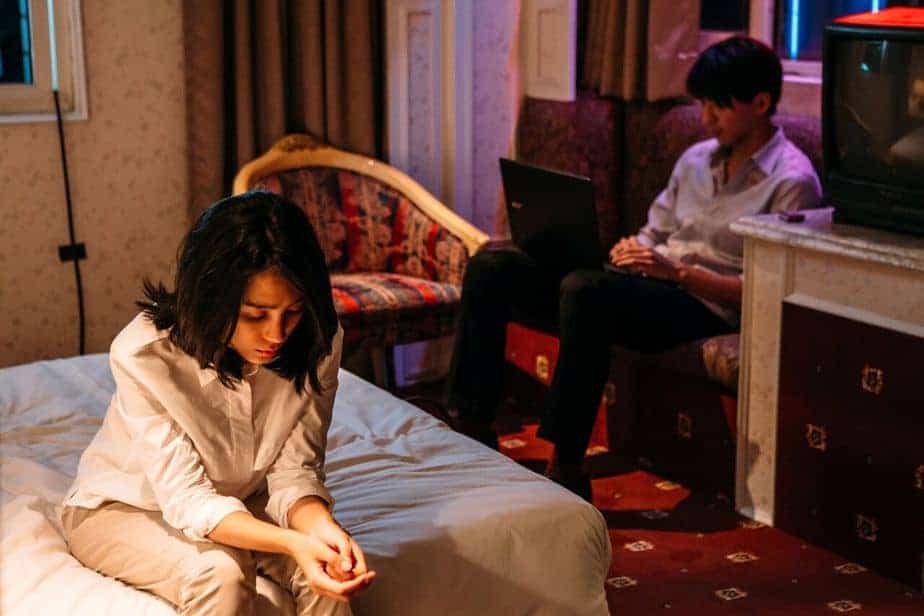For “Kamata Prelude” Japanese actress Urara Matsubayashi turned producer and brought together Ryutaro Nakagawa, Mayu Akiyama, Yuka Yasukawa and Hirobumi Watanabe, who each direct one episode of this omnibus film. But Matsubayashi's input doesn't stop there, she set out to make a film focusing on sexual harassment in the Japanese film industry, based on what she experienced herself and saw happening around her. To underline her commitment to the film and its message, she also takes up the lead role.
Kamata Prelude is screening at Nippon Connection

At first glance “Kamata Prelude” tells the story of Machiko Kamata, a young, struggling actress who we see at auditions. She has to deal with different degrees of sexual harassment; however, the film also explores her dreams, anxieties and ambitions. This gives a deeper layer, not only looking at the way women are treated in the Japanese film industry, but in society as a whole. The four episodes are nameless and are divided by cuts to black, but where they share a common backstory, their styles differ quite a bit. This is the result of Matsubayashi giving the directors the freedom to tell the story in their own way. Quite similar music, that verges towards the classical, is used in all segments which brings unity to the title, much like the use of an overall main character. Also, not only did Matsubayashi picked young directors, she also cast the film with talented female actors, including Kotone Furukawa as the mysterious, unearthly girlfriend of Machiko's brother in the first segment, Sairi Ito as one of her school friends and Kumi Takiuchi as Kurokawa in the third.
The first episode, directed by Ryutaro Nakagawa, is maybe the strangest. It introduces Machiko and the general set up of the film. We follow her on one of her auditions where she's made to wear a cosplay-like nurse's outfit. Later we meet her brother, Taizo, who has a film camera and appears to be filming all the time, as well as Setsuko, his new girlfriend who is a nurse in real life. Both, Machiko and Setsuko are introduced in a way that is reminiscent of dating sites: their age profession and interests are shared with the viewer. This objectifies them but also serves as a way to indicate the differences between them. Those differences become even more clear when they are asked, on camera, about their life and aspirations. The way this part is filmed has a documentary feel to it and the main focus is about seeing and be seen. This not only refers to the literal sense of being filmed by a camera but also applies to the story in a more figurative way: How the costume Machiko is asked to wear comes across but also how her impression of Setsuko is formed. The story takes a turn toward a magical realistic approach when Machiko and Setsuko hang out together. It is implied that Setsuko might not be quite who she seems to be. And the viewer is left with the question what of this chapter is real and what might be imagined, maybe linked to the audition as lines of the script are used as a mantra throughout this sequence.
During Mayu Akiyama's contribution to “Kamata Prelude” we follow Machiko during a reunion with friends from school. All five women talk about their lives and their accomplishments, but, as the story progresses, it turns out they are embellishing their achievements. Machiko, for instance, claims to be in a film with a famous actor and hides the fact she's working in a diner to make ends meet. This need to paint a picture of success when meeting friends is certainly one of the aspects up for discussion. Wouldn't we all be much happier if we could just be ourselves and talk not only of our successes but also of our problems without feeling judged? The universality of this subject makes this chapter the most accessible of the 4 stories for a worldwide audience. This is also true, though in a lesser extend in relation to the other problem that Akiyama touches upon: the place of Japanese women in society, more precisely the insurmountable choice between career and family/marriage. The question posed “what is true happiness?” gives not only the characters but also the viewer food for thought.
The most shocking episode is certainly the segment directed by Yuka Yasukawa. One of Machiko's auditions for a female lead in a #metoo film is taking a turn for the worst when all participants are asked to describe and act out a sexual harassment situation they've encountered. The men present, at first, seem to be understanding and empathizing, however in part this is only a front they put up. They speak quite a different tune when on they are on their own and it is quite telling that the only man who maybe has a problem with the re-enactment doesn't speak up in front of his colleagues. When Machiko and Kurokawa (one of the other actresses) are asked to act out one scene together, things escalate. What starts as uncomfortable scene turns into a painful experience as a result of the director's increasing demands. There is a huge contrast between how the women feel about the harassment and how he wants it acted out, echoing real life where women and men experience these situations quite differently. The style, with strange sound effects, music that in tone suggests the opposite of what is shown and showing some of the scenes as on a film camera screen, punctuates this distance even more and leaves the viewer uncomfortable and angry much like Machiko and Kurokawa.
What better way to end this omnibus, after the shock of the 3rd part, than on a positive note and that is certainly what Hirobumi Watanabe brings to the mix. This episode, shot in his typical B&W style, not only displays his sense of humor but also shows us the joys and pleasure of making a film together as well as hope for a different approach in the future. The setting of his chapter is rural (like in his own films) and the mood lightened, not in the least by the 3 adorable, little girls that act in this segment and their innocent childlike approach. We see a director at work (played by Hirobumi Watanabe himself) who is strict for his actors but not mean or demeaning. In a long monologue, he complains about what he calls Tokyo-centrism, with the capital's ideas setting the tone for the way people act and react. There definitely might be some truth in that stepping back from the rat race and working with a close-knit team could enhance the conditions on a set. Also, moving away from the centre of power might get rid of the, sometimes, toxic atmosphere of the film industry. That HW works in a similar fashion makes him a credible advocate for this viewpoint.
Machiko does not appear in this last chapter but one of the children is played by her niece Riko and the film ends with a letter she sends to her aunt. It gives an answer to those still wondering what Urara Matsubayashi's motivation was for tackling these problems and taking a stance. Change is needed, not only for ourselves, but also for future generations who, much like Machiko's niece, look up to film stars in search of a role model.




